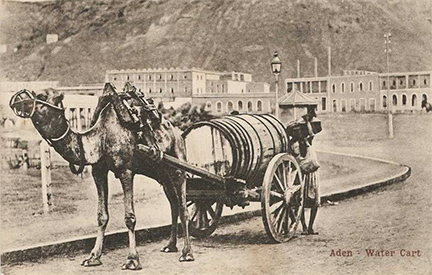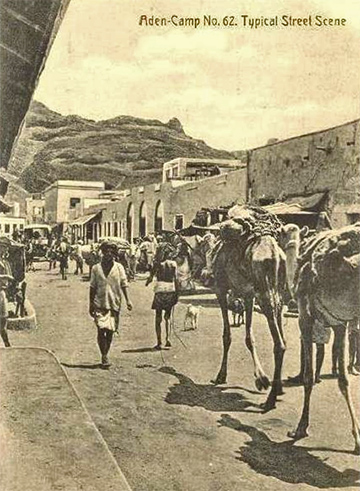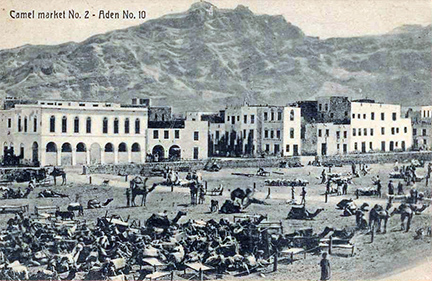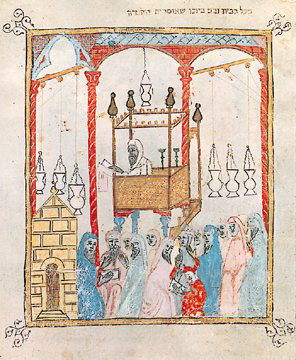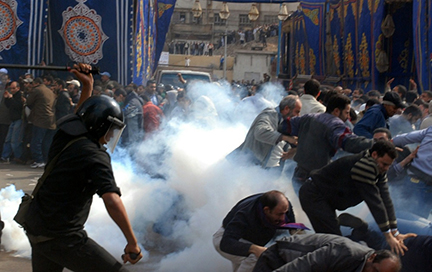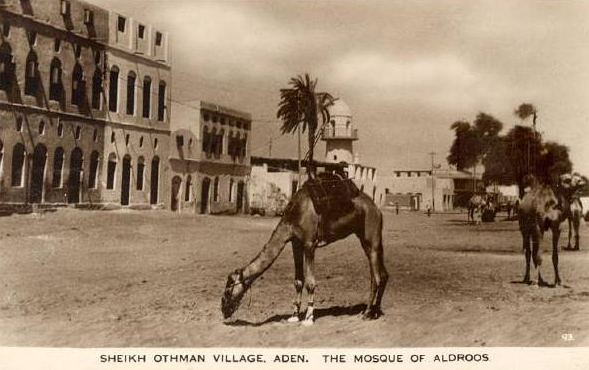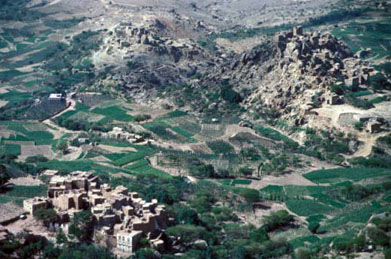
The fertile valley of al-Ahjur
by Abubakr Al-Shamahi, Common Ground News,August 20, 2013
Sana’a, Yemen – This month’s unidentified threat that led to the closure of the United States embassy and several US drone strikes around Yemen has once again shone an international spotlight on the country.
Simply put, as a Yemeni, I fear that all Yemen appears to be to the outside world is a front in the fight with al-Qaeda. But Yemen is more than terrorism and bombs, and many Yemenis are eager to ensure that this does not become the dominant narrative around the world.
Atiaf al-Wazir, a prominent Yemeni activist, voices the frustration of many Yemenis. In a piece for Your Middle East, she talks of a “country with a long history that was once hailed as Arabia Felix, land of generosity, wisdom, coffee, the first sky scrapers, the land with many queens and great architecture,†now overshadowed by “the hysteria of the decade: terrorism.â€
If international observers look closer, they will find a country that has the potential to be far removed from a hotbed of fundamentalism. They will find a country undergoing an interesting political transition, one that is hugely important for the region. Continue reading Beyond al-Qaeda, the real Yemen

